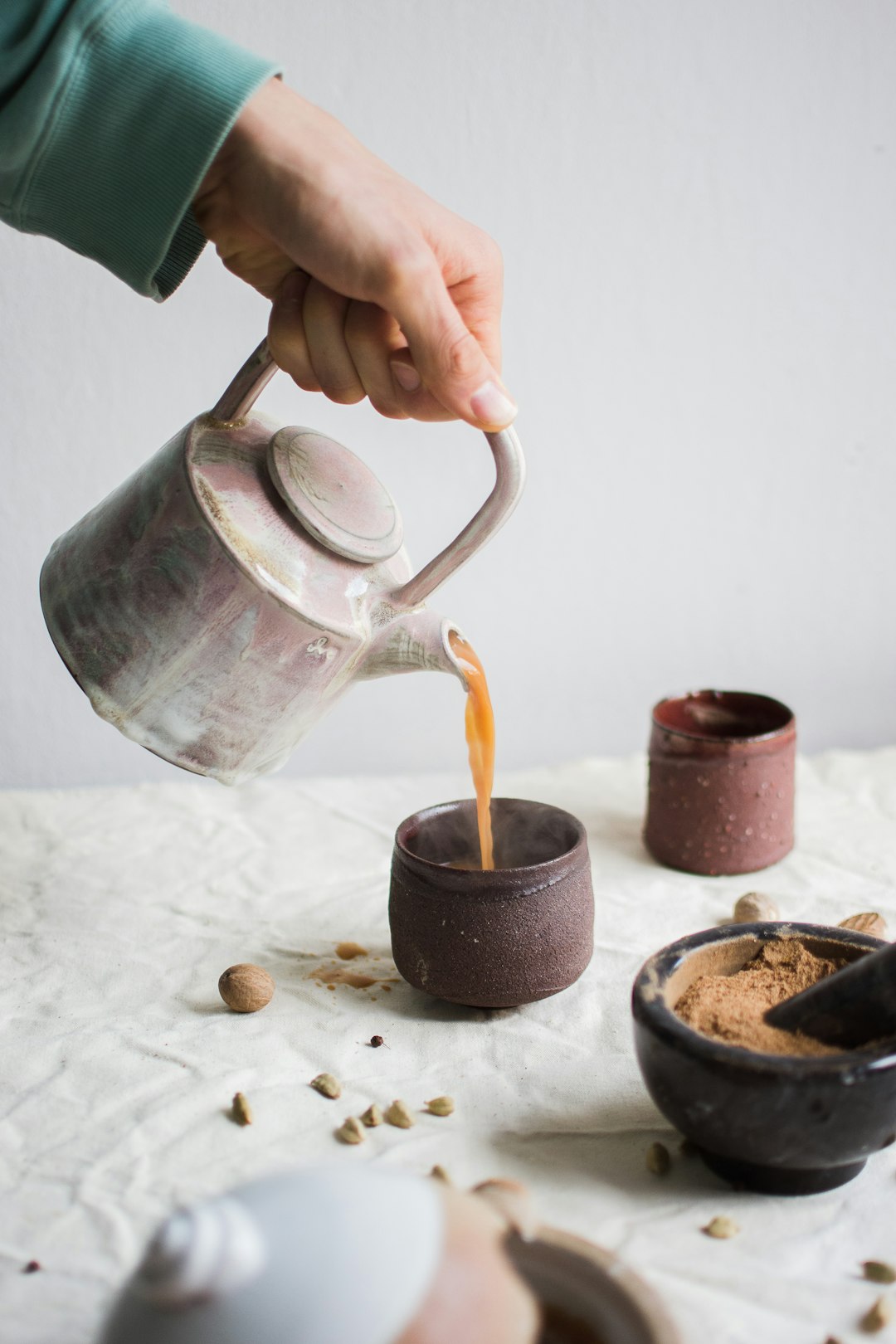Boost Immunity with Traditional Chinese Medicine Herbs
You've got the basics down for winter – but some herbs might help your immune system out this season.
Check out this list of 9 Traditional Chinese Medicine (TCM) herbs that can boost your immunity this winter
It's that time of year again when we all start to get a little more run down from the colder weather and our immune systems start to weaken. Herbal medicines are widely used to promote health in China. These nine traditional Chinese medicine herbs are effective for a boost of immunity, and they’re easy to take as tonics through a simple herbal decoction.
Tonics in Traditional Chinese Medicine
A tonic is a medicinal substance that strengthens the body.
Herbal tonics are used to build the body’s energy over long periods. This makes them similar to supplements.
Humans today only consume a tiny portion of the edible plants out there. Roughly 200 of 300,000 plants are in the human diet, and half our plant-sourced protein and calories come from just three: maize, rice, and wheat.
This means we're often missing out on the many phytonutrients, vitamins, and minerals that can help keep us live optimally.
Therefore, we need to supplement our diet with additional nutrients. TCM also has herbal remedies for tonics that are specific to individual needs. The four main tonics include:
-
Qi
Qi fuels our bodies, empowering physiological functions of organs and meridians, including development, growth, and blood formation. Qi supports our body's warmth, protects our bodies from disease, maintains everything in its rightful place, and opens up elegant movement and transformation. Qi deficiency can cause fatigue and other physical complications.
-
Blood
Blood tonics help the blood process nutrients and help the body perform at an optimal level. They help the body build muscle and increase energy.
Blood provides the primary means of distributing nutrients and hormones throughout the body.
Tonics reputed for their benefit to digestion and the health of the skin are largely popular among women, who are sometimes deficient in blood.
-
Yin
Yin tonics are used to maintain a healthy balance of yin and yang. They are used primarily to balance the female reproductive system, but they can also be used to balance other systems.
Because yin tonics are cooling and moistening, they help to nourish the Kidney yin and moisten the body.
They are commonly used for the treatment of general weakness and lack of vitality.
-
Yang
Yang Tonics are Chinese herbs that help raise body temperature. This may sound a bit odd, but it makes a lot of sense in a traditional Chinese medicine context. Heat naturally pushes cold out of the body, so these tonics help force the symptoms of a cold to leave faster. If there is an excess of yang, the person will be feverish and restless.
The tonics are used for a variety of purposes including strengthening the immune system, treating common colds, and even relieving symptoms of depression. It should be noted that tonics should only be used on an as-needed, suitable basis. They are contraindicated for certain condition types, such as inflammation, fevers, acute disease, or obesity.
Next, let's talk about the Chinese herbs that can help with restoring your health and give you an extra boost of immunity.
Traditional Chinese Medicinal (TCM) Herbs to Boost Immunity
If you’re looking to boost your immunity, then the Chinese herbs listed below are likely the ones that will work best for you. These herbs are commonly used in traditional Chinese medicine and have been clinically tested to support their immune-boosting capabilities.
Astragalus Root (Huang Qi)
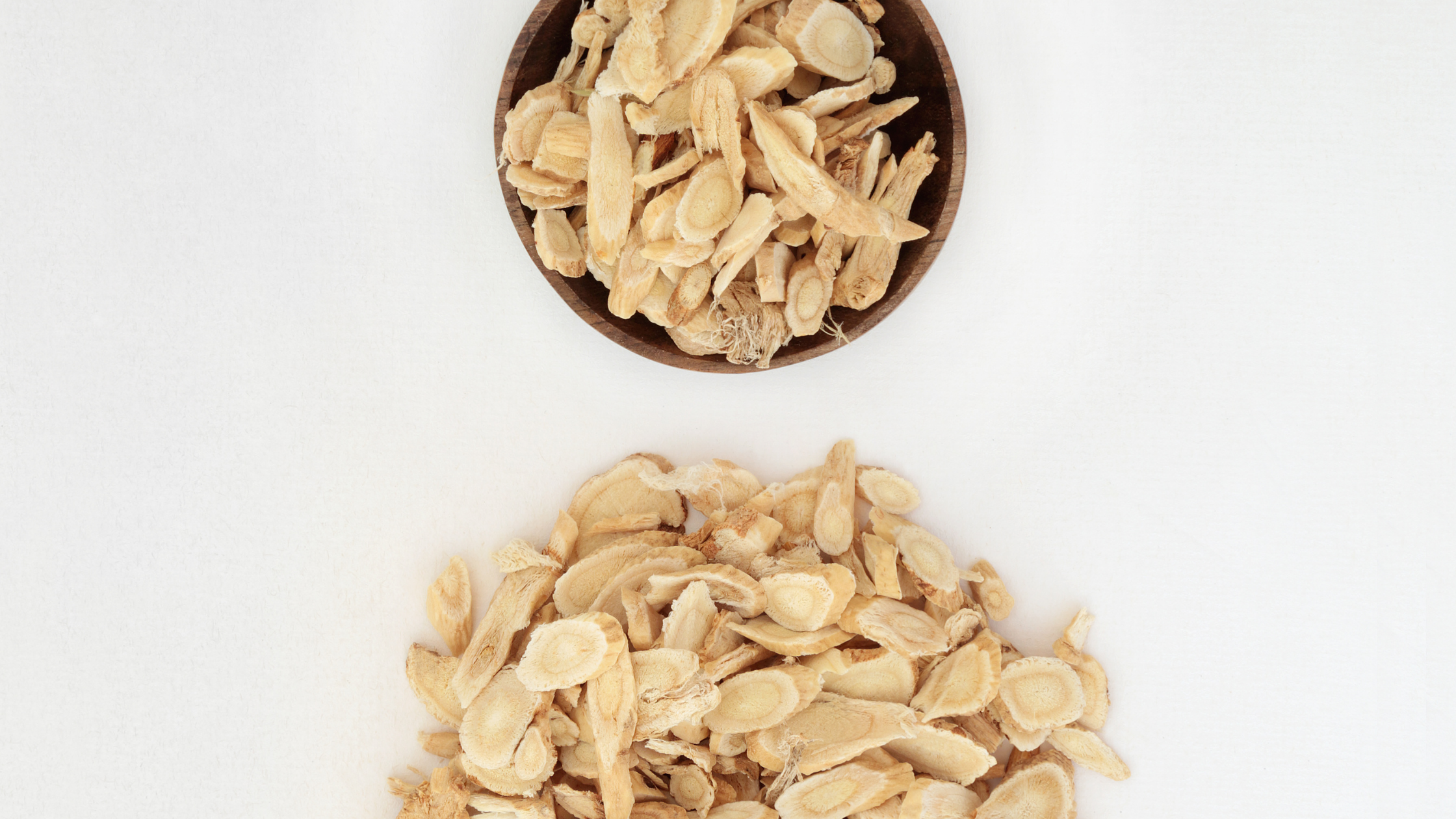
Astragalus Root has three main benefits: it strengthens the spleen to generate the body's heat, nourishes the bones and blood, and promotes longevity. It's commonly used in Qi tonics. This adaptogenic herb can help fight off viruses and bacterial infections. Evidence suggests that the root is useful in combating the effects of stress and fatigue. In animal studies, it is known to activate the body’s immune system. It is also believed to enhance the ability to cope with stress. One of the best ways to enjoy Astragalus Root is by adding it to a soup.
Angelica Root (Bai Zhi)
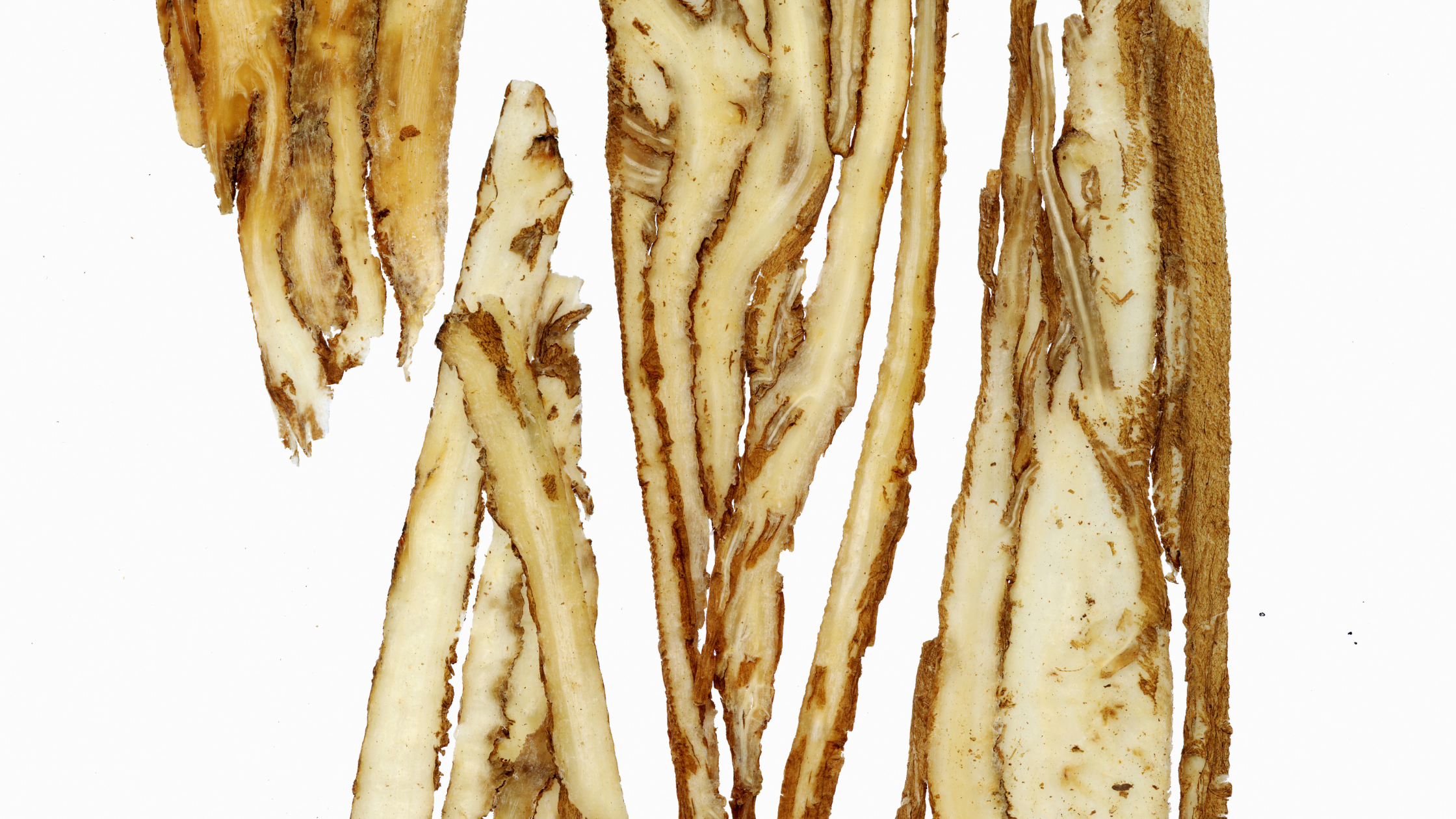
Angelica Root is often used in traditional Chinese medicine to help with the body's ability to combat cold and dampness. It can stimulate the immune system and has anti-inflammatory properties. The best way to take angelica root is to boil it and drink the water.
Reishi Mushrooms (Lingzhi)
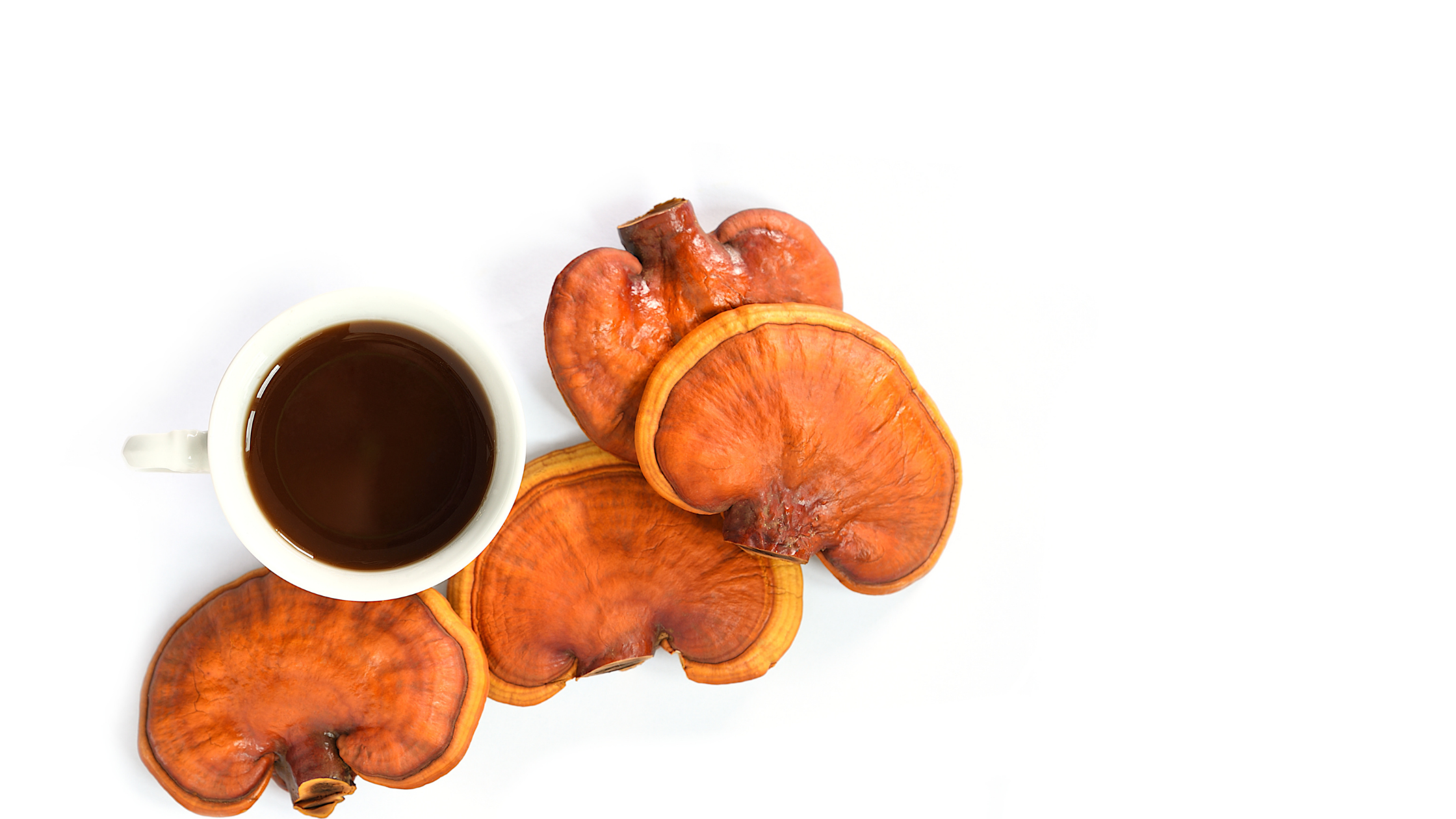
Reishi has a reputation for boosting the body's immunity. They are often used in traditional Chinese medicine to enhance physical and mental strength. Researchers say they contain compounds that stimulate certain immune cells. These cells are better able to detect and fight off infections.
Chrysanthemum Flowers (Ju Hua)
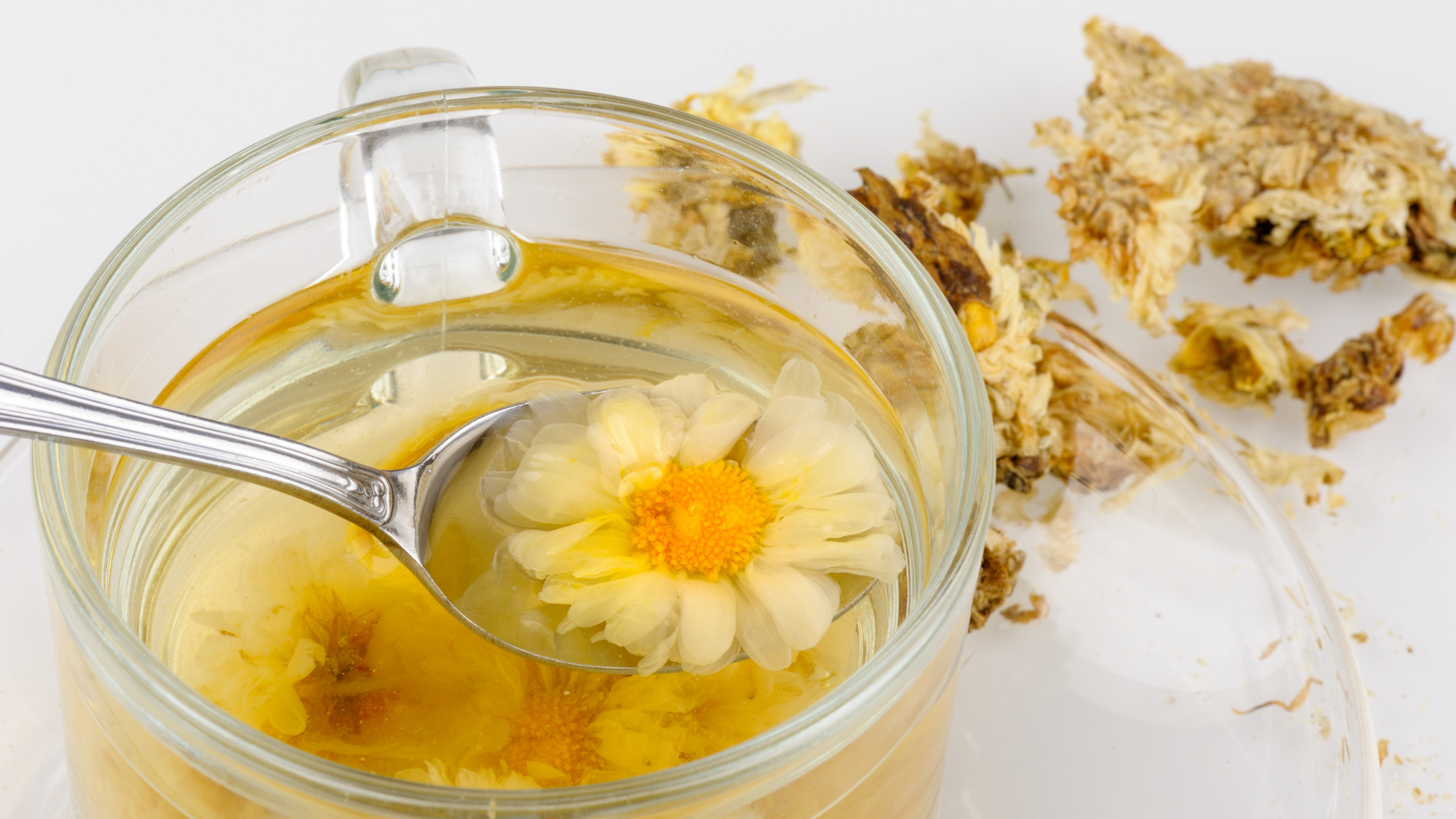
Chrysanthemum flowers are traditionally used to treat a wide range of ailments, including colds and flu. It is a cooling herb that has antimicrobial properties. This helps to clear pathogens in the body. It also has a cleansing effect on the body and helps to clear away excess heat. It has been used to treat headaches, sore throats, acne, and ulcers. Chrysanthemum flowers can help with fighting off viruses.
Schisandra Berry (Wu Wei Zi)
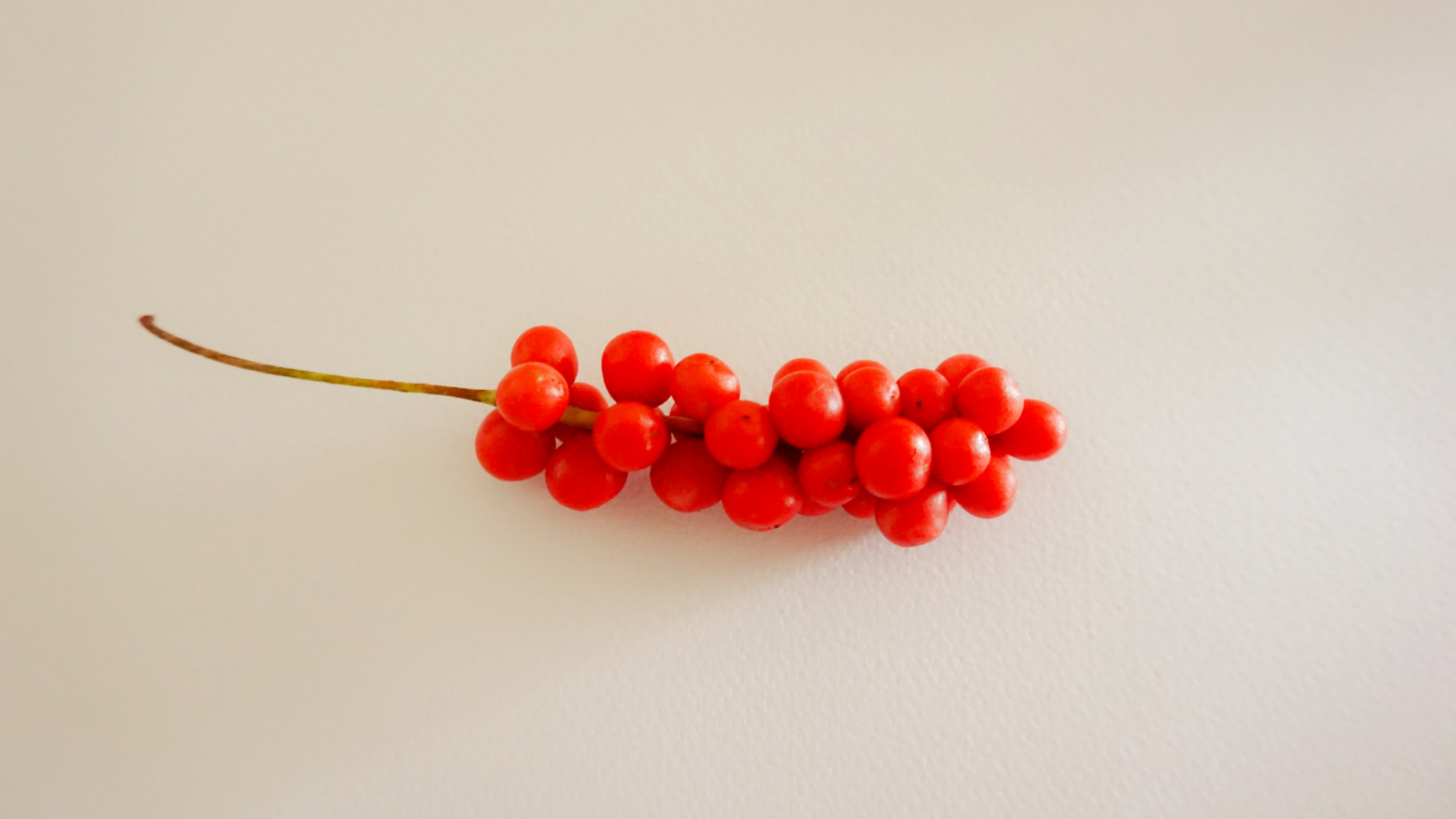
Schisandra Berry is an adaptogenic herb that helps boost immunity and is popular in Yin tonics. Benefits include supporting the immune system, improving endurance, and helping the body recover from illness. The herb can also improve circulation, as well as relieve pain and coughing. Schisandra Berry should be taken orally, but it may also be taken in a tea or tincture form. It is often used in tonics for yin deficiency to improve vitality.
Turmeric (Jiang huang)
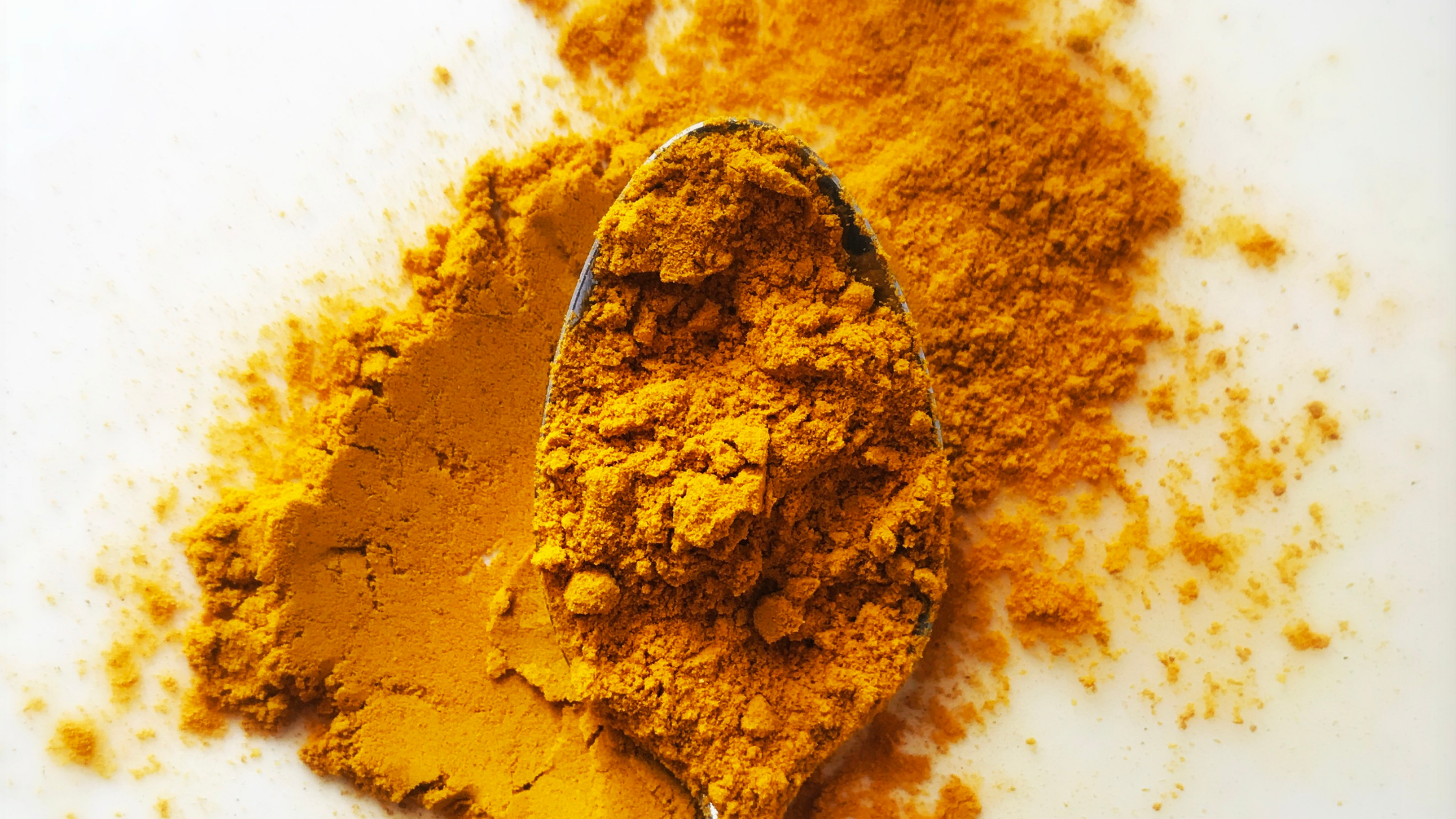
Turmeric also has immune-boosting and anti-viral properties that can help strengthen the body’s natural defense systems. Turmeric may increase the body's resistance to infection, as well as boost the body’s ability to fight off disease.
Cinnamon Bark (Gui Zhi)
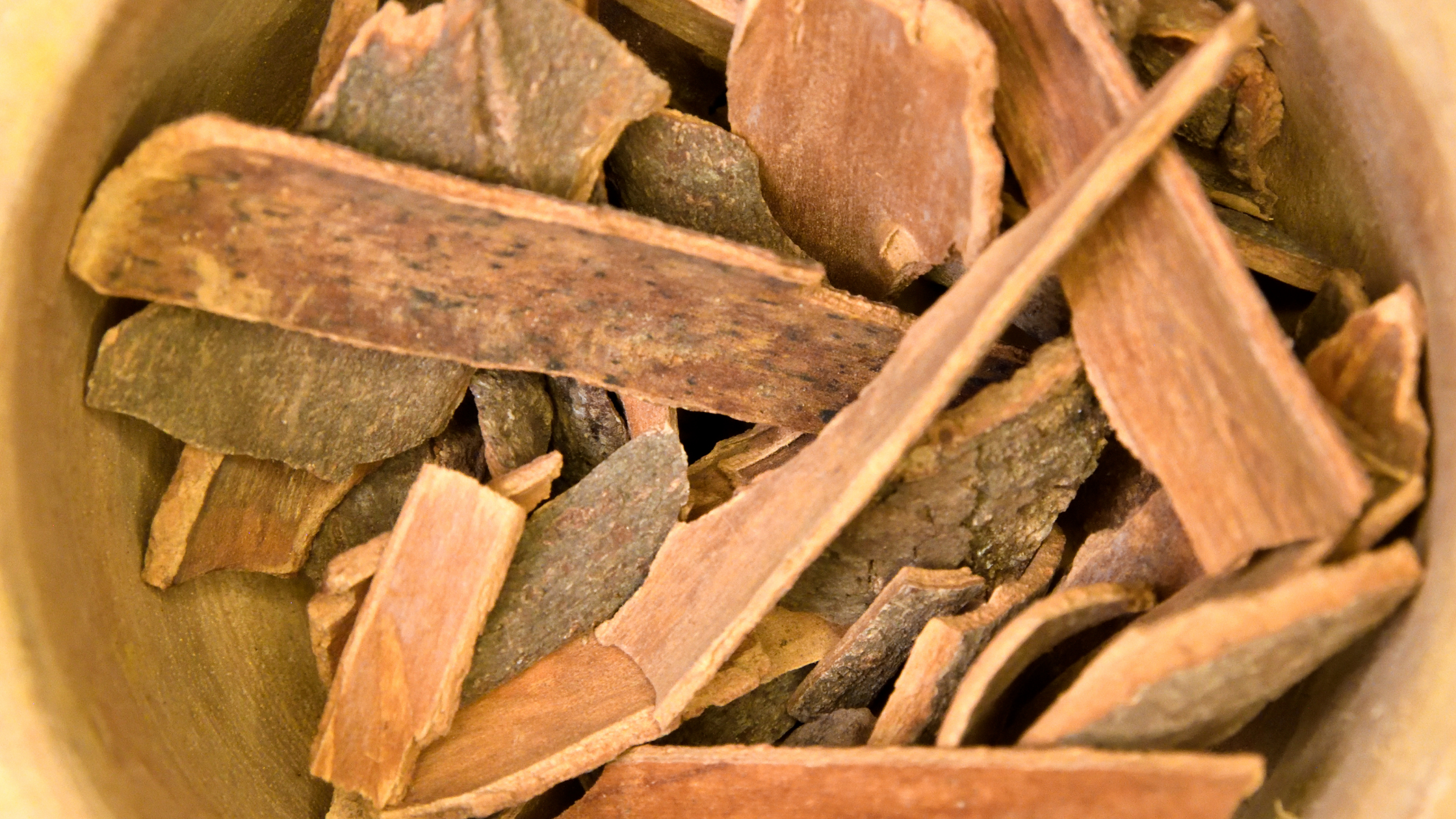
Cinnamon bark is a warming herb that can help boost the body’s energy and treat wind-cold conditions. It has a similar effect to turmeric. This herb is traditionally used to treat colds and flu, as well as to boost energy and endurance. It can penetrate the heart, lung, and bladder meridians and can be used to release the muscle layer.
Ginger (Shen Jiang)
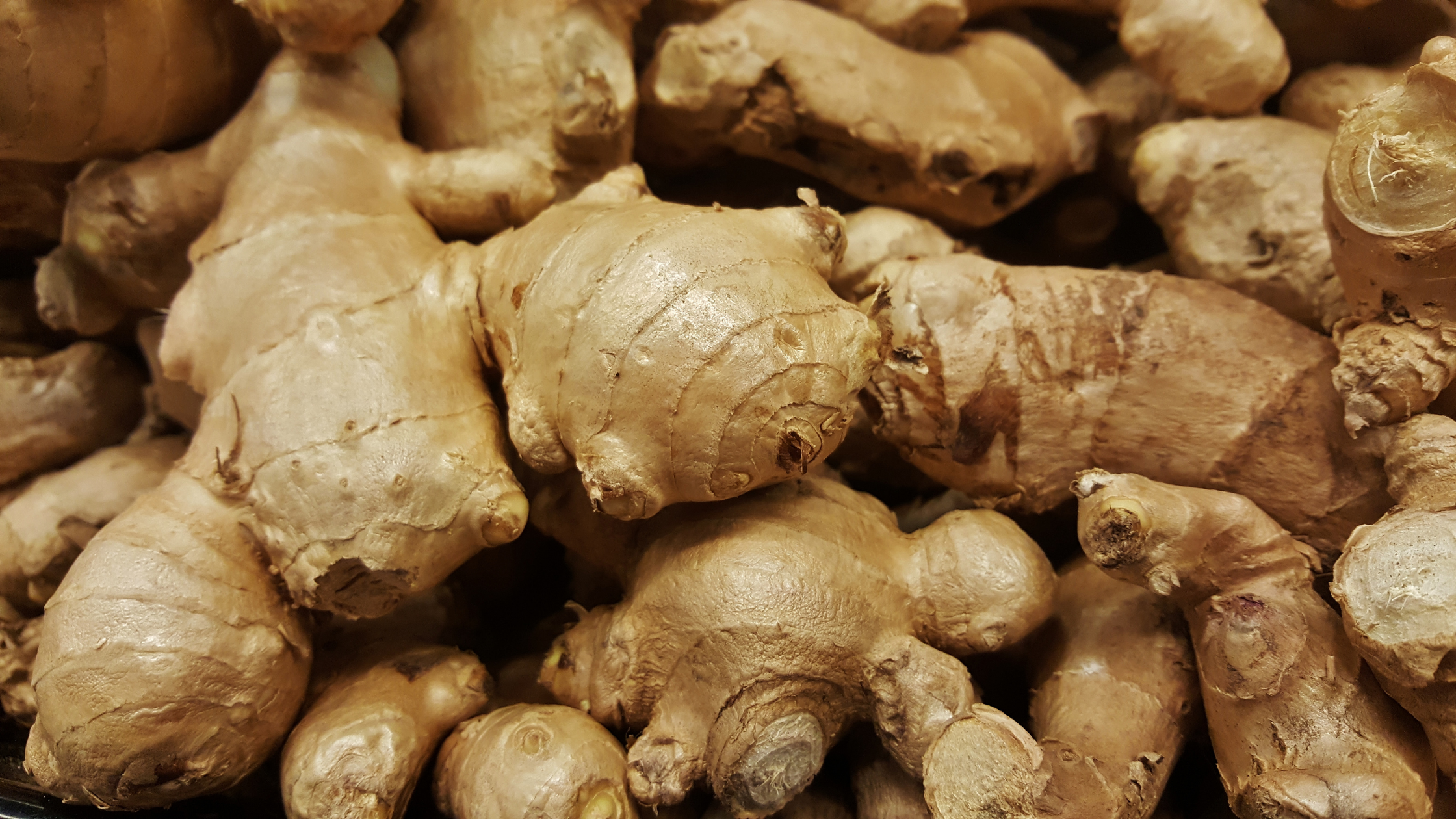
People have used Ginger for centuries to support the body’s immune system. It has anti-inflammatory properties and is often used in Qi tonics. Ginger is a good way to boost your immune system and fight off colds and flu. It can also be used as a natural remedy for upset stomachs and indigestion. Ginger can be taken in many different ways. Add it to stir-fried foods or boil it for a cup of ginger tea with lemon and honey.
Cordyceps Mushroom
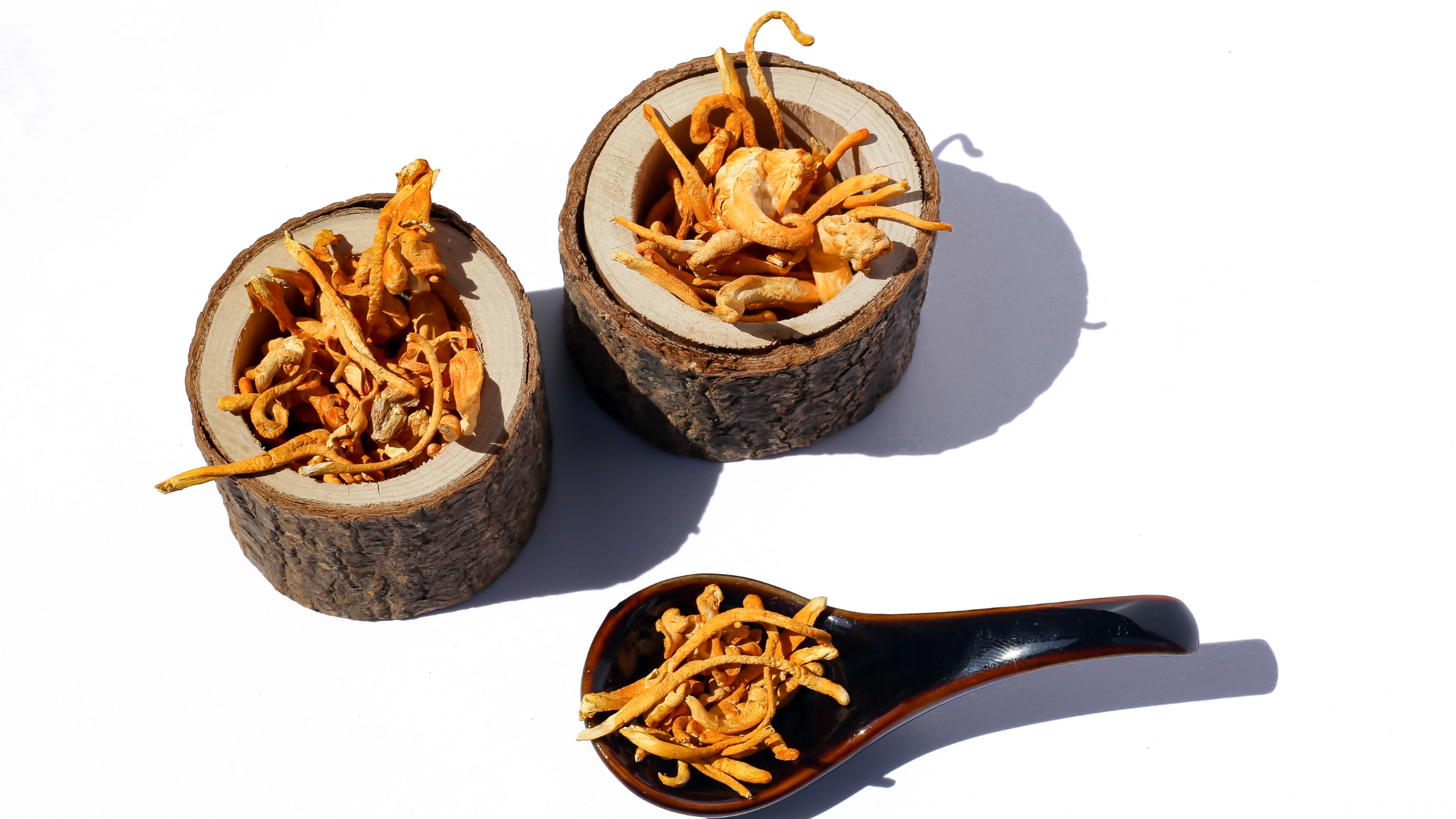
Cordyceps mushrooms are known for their ability to boost immunity and are popular in Yang tonics. The adaptogenic herb is believed to improve the body's ability to resist viruses, bacteria, and other infections. Studies show it has anti-inflammatory properties and may boost your heart health. It's often taken as a tea made from dried mushrooms, but it can also be taken as a supplement. It's available in liquid extracts and capsules.
Jujube Red Dates (Da Zao)
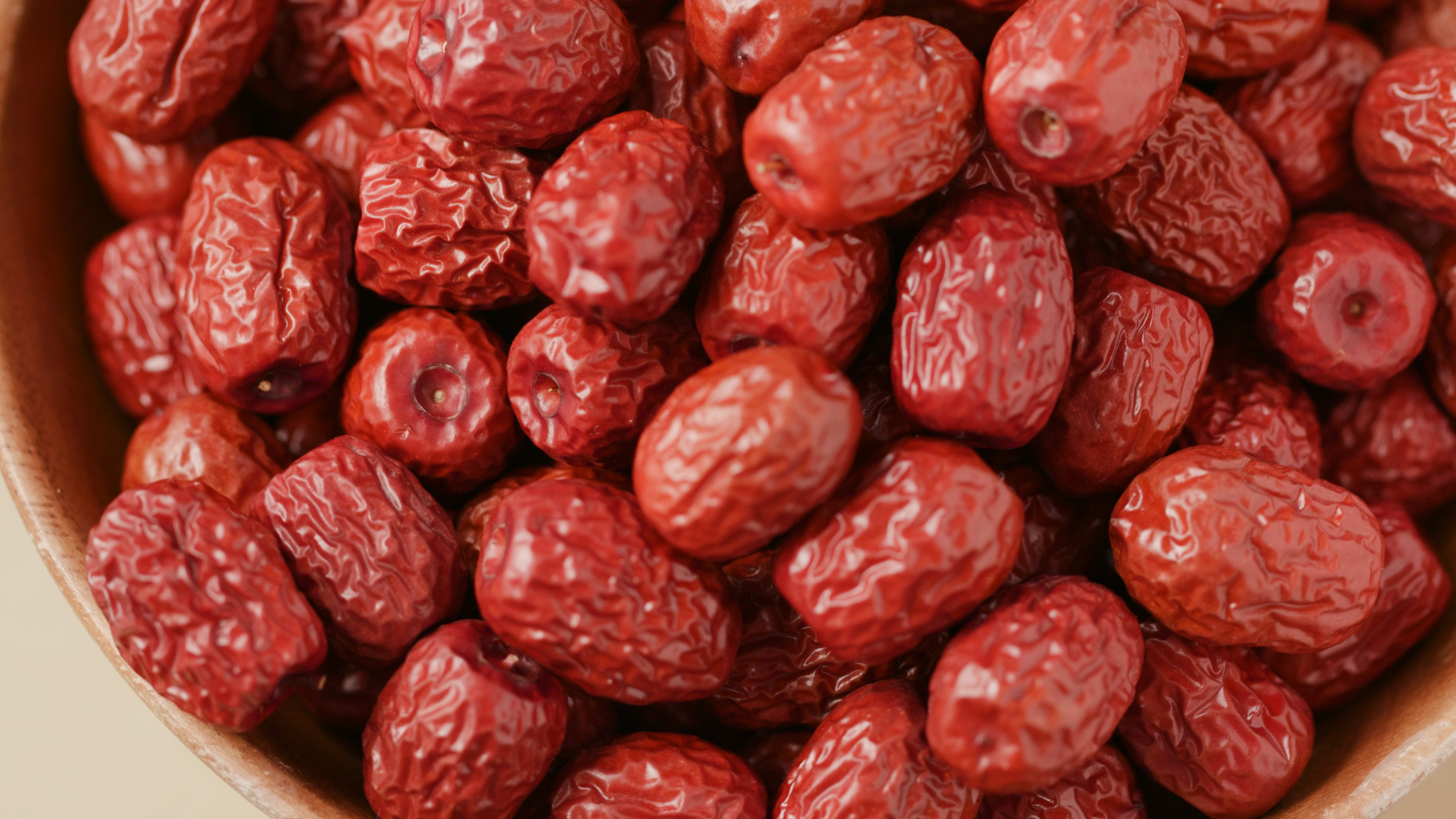
The jujube red date is a powerful immune system booster and is often used in Blood tonics. They are rich in vitamin C and are a good source of calcium, iron, and potassium. Additionally, the dates contain antioxidants that support the body's natural defenses. It can be taken in capsule form or tea form.
Goji Berries (Gou Qi Zi)
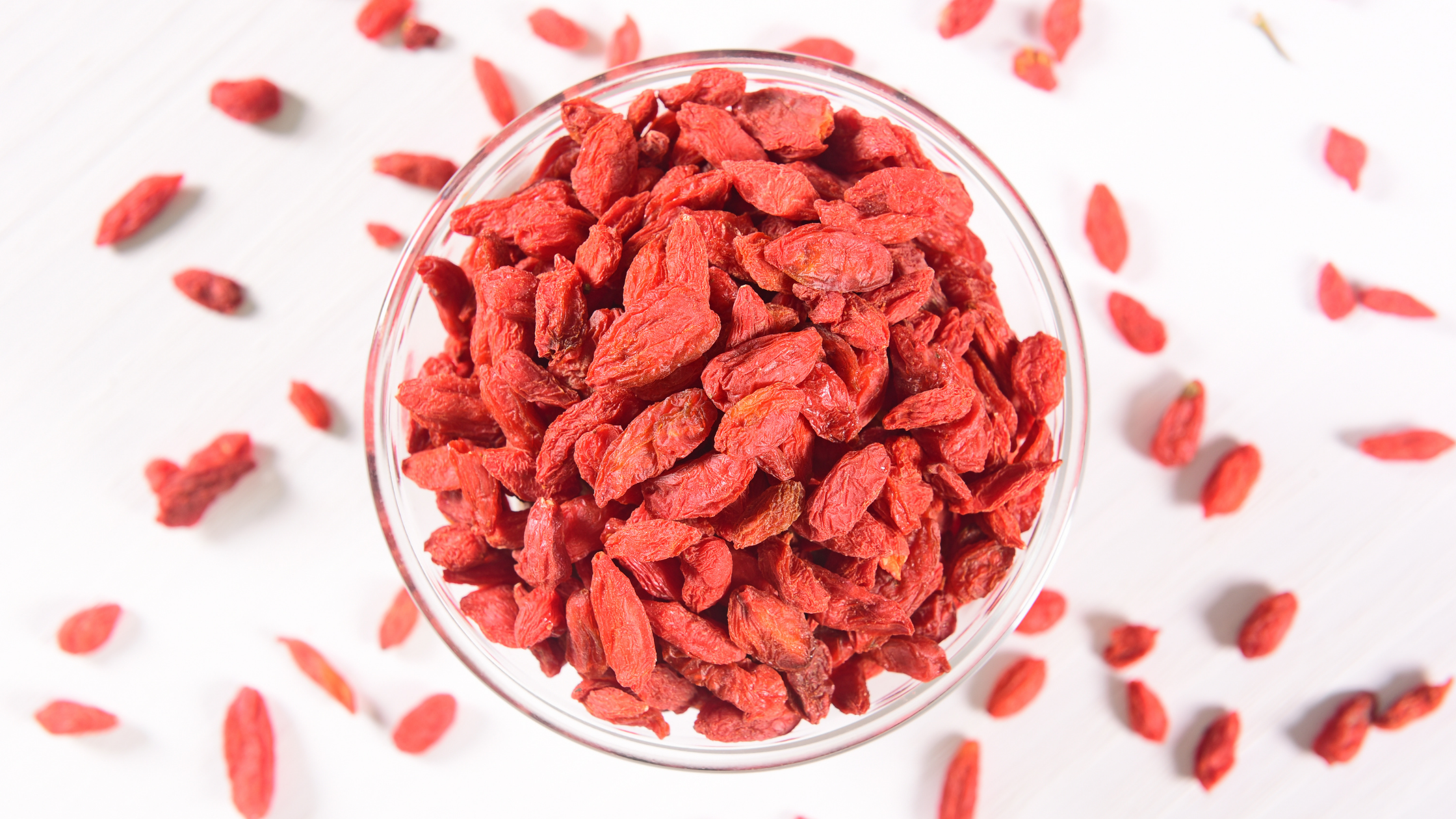
Goji berries are a potent immune-boosting fruit. Researchers believe extracts from Goji Berries can stimulate the immune system. The berries may also slow or stop the growth of some cancers, but further studies are needed.
Asian Ginseng (Renshen)
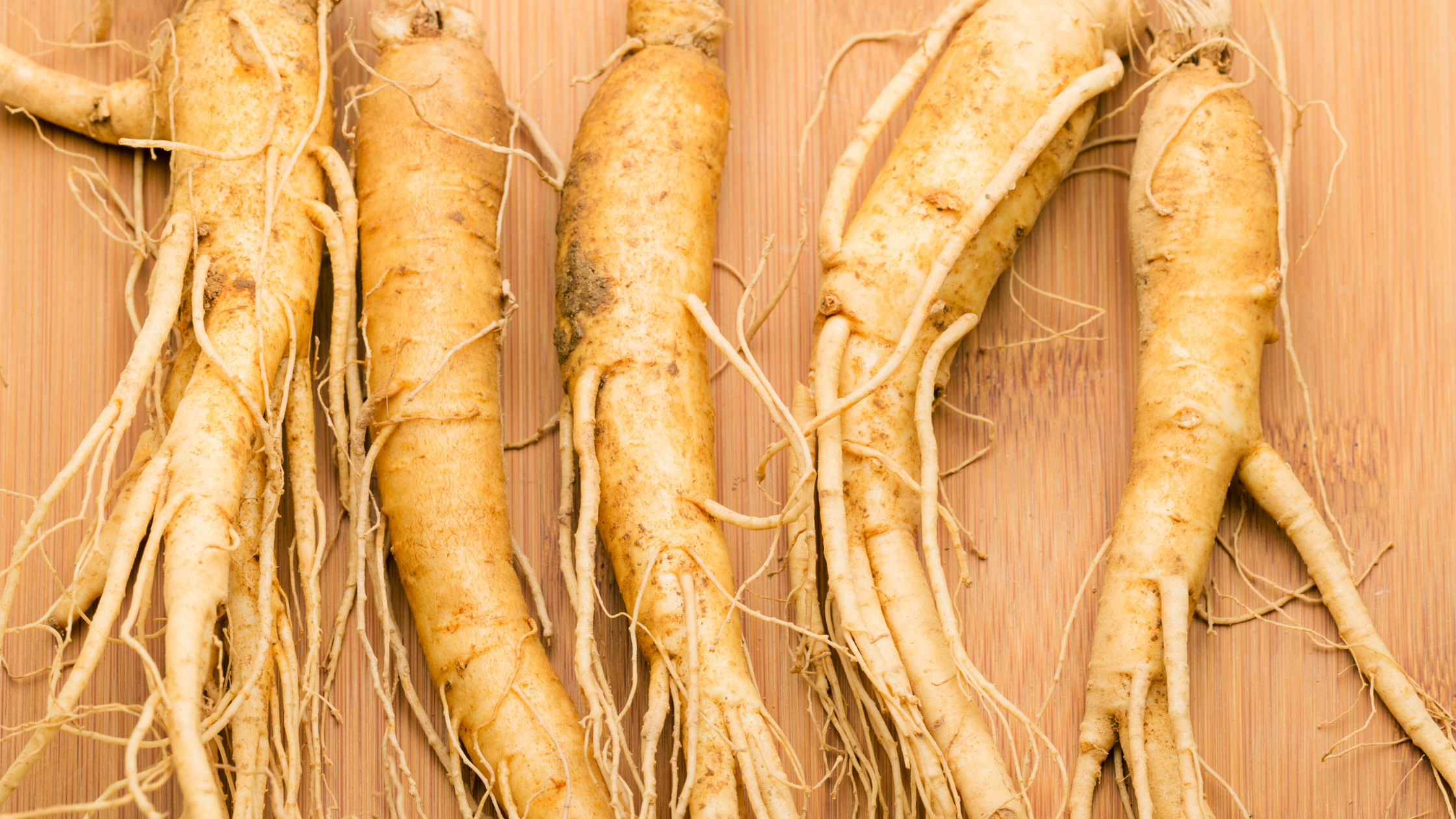
Asian Ginseng, also known as Red Ginseng is thought to have "warming properties." In traditional Chinese medicine, the herb is believed to help with blood flow. It strengthens the immune system and helps the body fight off illness. Several studies have shown that people taking ginseng had a lower risk of infections than people taking a placebo. Some of the best ways to add ginseng into your diet are to take it in supplement form or add it to a smoothie or drink.
Conclusion
In summary, many different herbs can be used to boost the body’s immunity. Herbal tonics can be made using many different herbs, so you can find one that works for you. Herbs can be taken in several different ways. You may take them as a tea, tincture, or capsule. It is important to remember that these herbs may have side effects and may interact with other medications. It is recommended that you speak to your health care practitioner about which herbs to use and how to use them. As always, check with your healthcare provider before using any herbs or supplements to treat an illness.
Are you more earth, fire, or wood? It’s likely you’re a combination of a few! Learn more about your personality type based on the 5 elements in traditional Chinese medicine.
References:
Cheng, W., Li, J., You, T., & Hu, C. (2005). Anti-inflammatory and immunomodulatory activities of the extracts from the inflorescence of Chrysanthemum indicum Linné - PubMed. Journal of Ethnopharmacology, 101(1–3). https://doi.org/10.1016/j.jep.2005.04.035
Gan, L., Zhang, S.-H., Liu, Q., & Xu, H.-B. (2003). A polysaccharide-protein complex from Lycium barbarum upregulates cytokine expression in human peripheral blood mononuclear cells - PubMed. European Journal of Pharmacology, 471(3). https://doi.org/10.1016/s0014-2999(03)01827-2
Jantan, I., Bukhari, S. N. A., Lajis, N. H., Abas, F., Wai, L. K., & Jasamai, M. (2012). Effects of diarylpentanoid analogues of curcumin on chemiluminescence and chemotactic activities of phagocytes - PubMed. The Journal of Pharmacy and Pharmacology, 64(3). https://doi.org/10.1111/j.2042-7158.2011.01423.x
Kuo, Y. C., Tsai, W. J., Shiao, M. S., Chen, C. F., & Lin, C. Y. (1996). Cordyceps sinensis as an immunomodulatory agent - PubMed. The American Journal of Chinese Medicine, 24(2). https://doi.org/10.1142/S0192415X96000165
Lin, B., & Li, S. (2011, January 1). Cordyceps as an Herbal Drug. NCBI Bookshelf. https://www.ncbi.nlm.nih.gov/books/NBK92758/
Qin, Q., Niu, J., Wang, Z., Xu, W., Qiao, Z., & Gu, Y. (2012). Astragalus embranaceus extract activates immune response in macrophages via heparanase. Molecules (Basel, Switzerland), 17(6), 7232–7240. https://doi.org/10.3390/molecules17067232
“Reishi Mushroom.” Memorial Sloan Kettering Cancer Center, https://www.mskcc.org/cancer-care/integrative-medicine/herbs/reishi-mushroom. Accessed 18 Jan. 2022.
Suh, S.-O., Kim, J., & Cho, M.-Y. (2004, June 1). Prospective Study for Korean Red Ginseng Extract as an Immune Modulator Following a Curative Gastric... Unknown. https://www.researchgate.net/publication/315689738_Prospective_Study_for_Korean_Red_Ginseng_Extract_as_an_Immune_Modulator_Following_a_Curative_Gastric_Resection_in_Patients_with_Advanced_Gastric_Cancer
Urzùa, A., & Mendoza, L. (2003). Antibacterial activity of fresh flower heads of Chrysanthemum coronarium - PubMed. Fitoterapia, 74(6). https://doi.org/10.1016/s0367-326x(03)00151-5
Zou, W., Wang, J., & Liu, Y. (2016). Effect of traditional Chinese medicine for treating human immunodeficiency virus infections and acquired immune deficiency syndrome: Boosting immune and alleviating symptoms - PubMed. Chinese Journal of Integrative Medicine, 22(1). https://doi.org/10.1007/s11655-015-2122-5
Get your daily dose of wellness delivered straight to your inbox. Sign up now for our newsletter.
Disclaimer:
These statements have not been evaluated by the Food and Drug Administration. This product is not intended to diagnose, treat, cure, or prevent any disease.
The content is purely informative and educational and should not be construed as medical advice. Any opinion expressed should not be treated as a substitute for professional medical advice. By using this website, you accept our Terms & Conditions and Privacy Policy. We cannot guarantee the accuracy of the information presented at this site. This article is not intended to be used as a substitute for the diagnosis and treatment of any health problem or to prescribe any medication or other treatment. You should consult with your health care provider before starting any diet, exercise, or supplementation program, before taking any medication, or if you have or suspect you might have a health problem.
